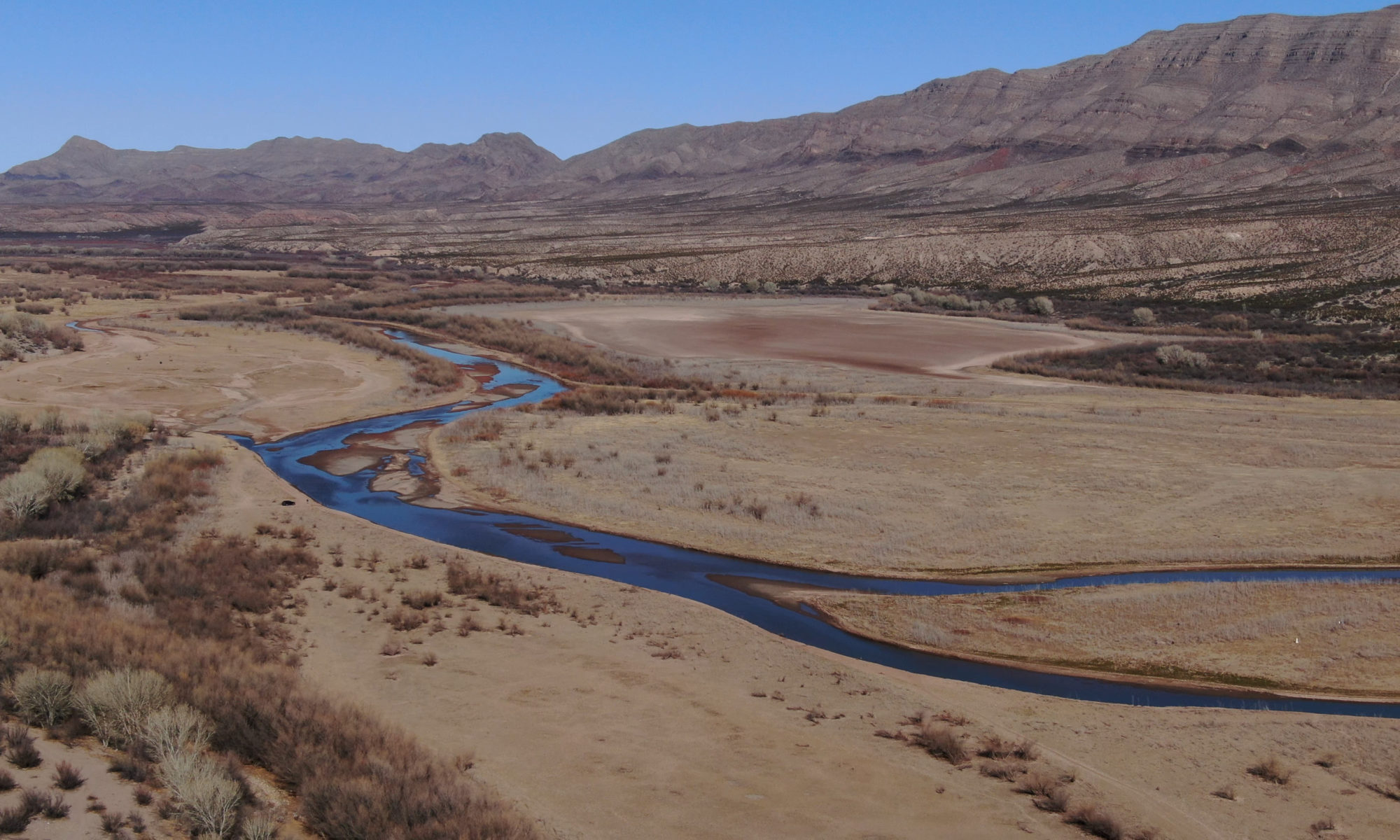Requiem for a River grapples organically — and movingly — with some of the most urgent issues of our time, including environmental justice, indigenous rights, water rights, climate change, species extinction and the future of agriculture. Water and climate change are inextricably linked because the most dramatic impacts of climate change involve water.
Climate change is exacerbating both water scarcity and water-related hazards (such as floods and droughts), as rising temperatures disrupt precipitation patterns and the entire water cycle.

Only 0.5 per cent of water on Earth is useable freshwater – and climate change is dangerously affecting that supply. Over the past twenty years, terrestrial water storage – including soil moisture, snow and ice – has dropped at a rate of 1 cm per year, with major ramifications for water security. As climate change continues to exacerbate water stress, the increased competition for water will inevitably lead to global conflict and migration. Increasing water scarcity is already putting pressure on the global food supply as most of the world’s freshwater – about 70 per cent – is used for agriculture. The challenges facing the Rio Grande and other rivers of the American West are ones that are being confronted worldwide.


